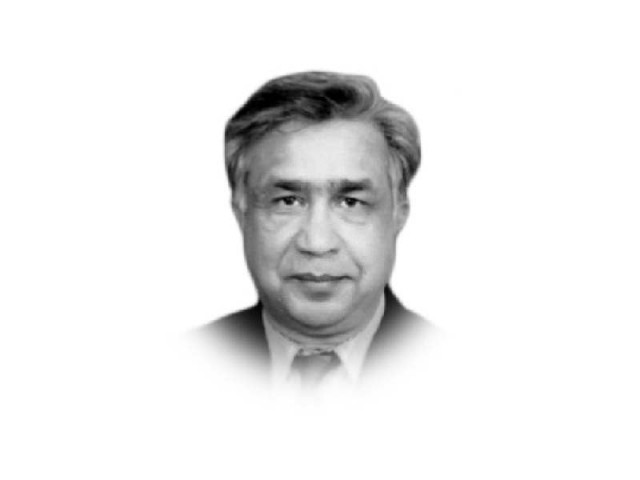The Empire strikes back
The introduction of CPEC by China and its implementation in Pakistan is proving to be a game-changer

In the book The Empire Writes Back, Bill Ashcroft and his colleagues attempt to analyse the major writings of postcolonial literature that were collected from the former colonies of the British Empire. The book, which was conceived as a means through which former colonies were supposedly writing back to the British Empire, has become a foundational text in postcolonial literature.
The book was published some fifty years after the collapse of the British Empire and has had such an influence around the world that the literature produced from these former non-English speaking colonies is far greater in size. Hence, in a way one can say that literary hegemony and in turn socio-political narratives are no longer Eurocentric in the true sense. The last remnants of the Empire were further undermined by the neo-liberal ideology of the US — though Britain tried to cling to its former hegemonic image by introducing organisations such as the Commonwealth.
Britain, however, gradually lost it hegemonic control in the world and was relegated as a US ally only. Lately, many other countries including the China, Russia and Japan have made rapid gains in the financial as well as socio-political arena and so the balance of power seems to be tilting towards some of these rapidly expanding economies. Their economic significance, such as that of China, is no less than those that have been ruling for decades because the wealth, resources, contribution and commitment of these countries have now far exceeded those of the US and Europe.
The introduction of CPEC by China and its implementation in Pakistan is proving to be a game-changer. If carried out successfully, it would shift the balance of trade in favour of China to such an extent that many regional powers would be willing to jump onto the CPEC bandwagon. Many see a future role of CPEC similar to the one played by East India Company which paved the way for the British Empire to establish its hegemony in the subcontinent and keep the economic and cultural control of the region for a long time. However, the fact is that CPEC is a great economic opportunity not only for the people of China and Pakistan but also for those regional powers who want to become a part of this mega-trade project. The introduction and installation of trade facilities under the umbrella of CPEC is a glaring model of resistance against the hegemony of the West. But the shift in hegemonic power is slow and subtle. It can also be seen through literary and linguistic development. For example, a greater number of people are attempting to learn the Chinese language and a vast amount of Chinese literature is being translated into other languages.
The situation should indeed be alarming for European powers as these changes may mark the beginning of the end of their hegemonic control and usher in a new era where local, regional and indigenous powers would play a significant role in development. As narrated by Edward Said in his book Orientalism, the world has been divided into “us”, the white Europeans, and the “other”, the rest, and was being run in accordance with the same philosophy for decades. Now the same “other” has taken up Said’s work and is fighting the narrative of white and European superiority. Now, the world is not going to run itself on the basis of colour or race and is instead going to run according to the power of the economy. Now, ‘developing’ means ‘developing the economy’. The country with the strongest economy will be the leaders of world regardless of their race, colour or language.
Published in The Express Tribune, March 6th, 2022.
Like Opinion & Editorial on Facebook, follow @ETOpEd on Twitter to receive all updates on all our daily pieces.












COMMENTS
Comments are moderated and generally will be posted if they are on-topic and not abusive.
For more information, please see our Comments FAQ